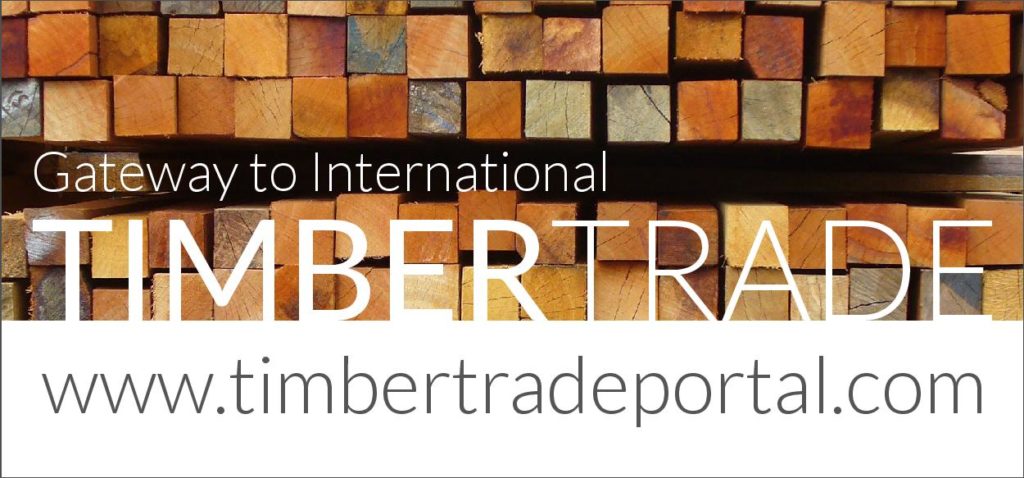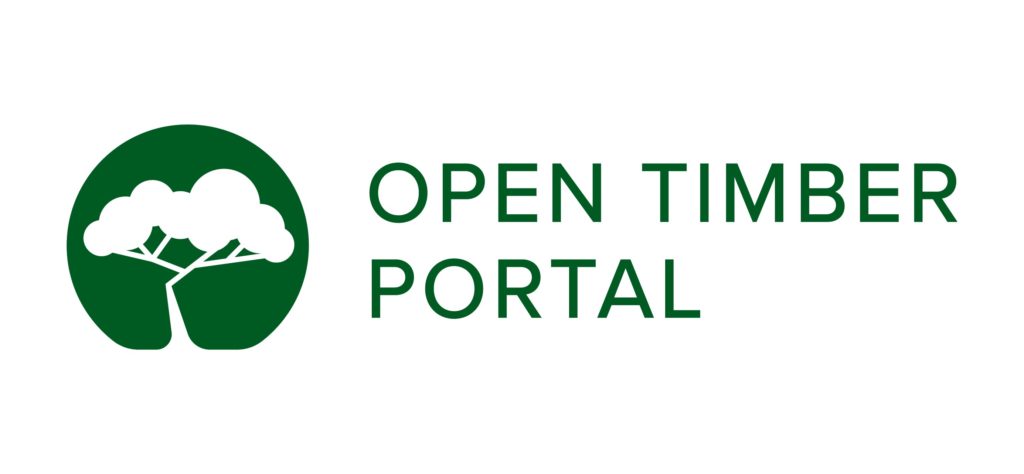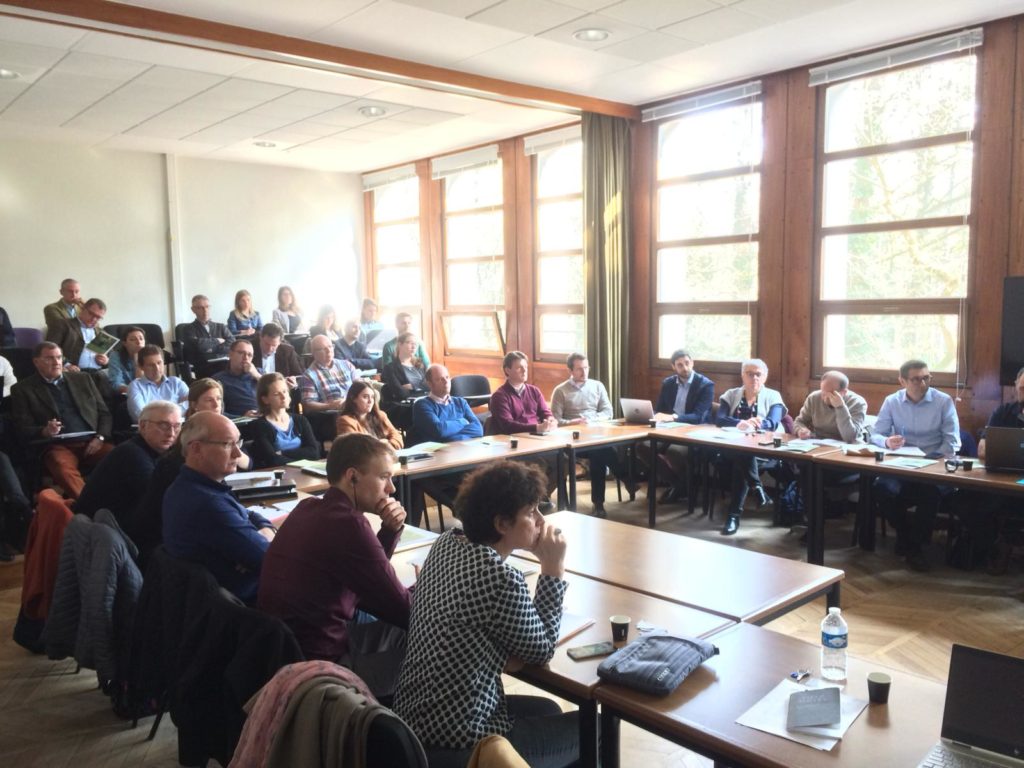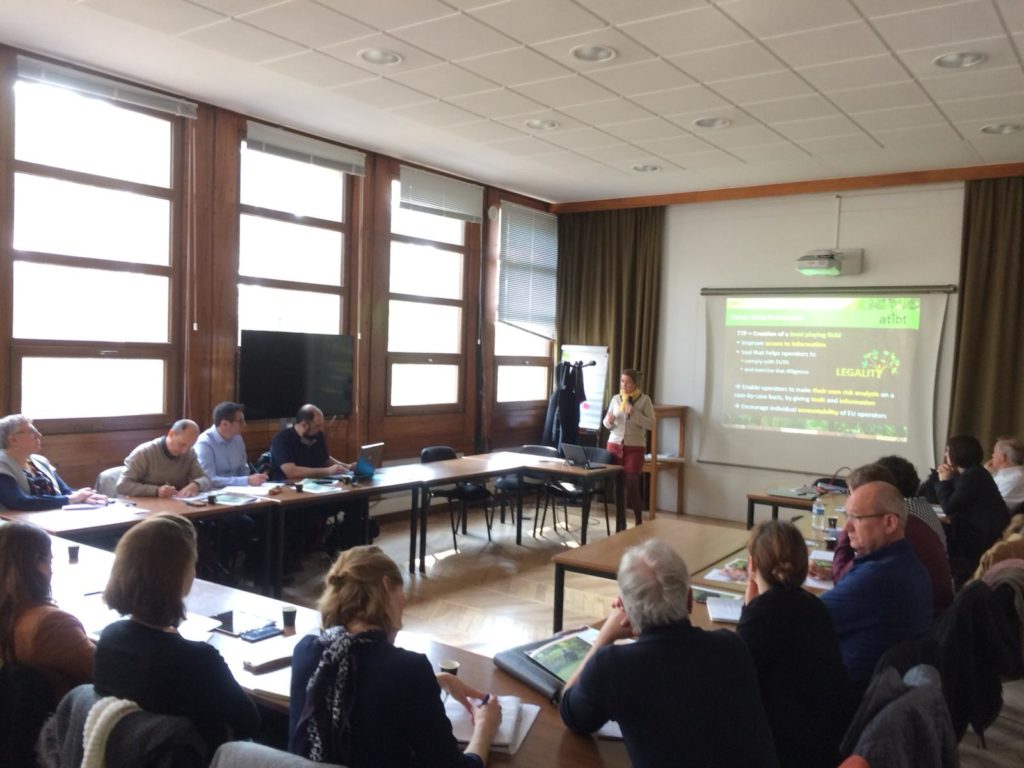

29.03.2019

On the 28th March in Nogent-sur-Marne, ATIBT and WRI presented their Open Timber Portal & Timber Trade Portal platforms as part of a workshop on due diligence organized by LCB
Gathering around forty participants, mainly composed of European private operators, but also representatives of competent authorities and other organizations involved in the EUTR, this workshop was about to present two complementary information initiatives on the legal trade of wood: Open Timber Portal (OTP, WRI initiative) and Timber Trade Portal (TTP initiative ETTF-ATIBT)
These presentations were associated with a workshop organized by Le Commerce du Bois on due diligence (for its members).

The Timber Trade Portal (TTP) (presentation available here in English):
The TTP (implemented through the FLEGT-REDD project of ATIBT, funded by the FFEM) helps operators to exercise due diligence in the context of the EUTR by providing information that feeds the operators’ own risk analysis , on a case-by-case basis, by making available factual information like forestry sector data, legislative framework, laws and regulations, key documents, bans and quota, CITES, VPA process, certification, contacts, etc.
It encourages individual accountability of (EU) operators, by improving access to information and creating a level playing field.
The platform presents 23 country profiles, mainly located in tropical areas like Africa, Asia and Latin America, regularly reviewed and updated.

Open Timber Portal – OTP (presentation available here in French):
The Open Timber Portal compiles information about forest sector in producer countries and brings transparency to timber operations by making public previously inaccessible information about on the-ground management practices and compliance with timber legality requirements. It compiles information from three different sources:
The OTP structure has been developed to be deployed in any timber exporting country. The platform will initially focus on the Congo Basin, expanding to other regions as resources and opportunities allow.
Useful platforms that must answer some issues

Lot of exchanges took place following these presentations, demonstrating the interest of the actors concerned by the implementation of the EUTR in the EU for these tools. Concerning the TTP, the need to reassure the independence of the reviewers and the regular updating were noted, as well as the need to make this platform known and used by the competent authorities.
Comments on the OTP have more focused on the technical skills needed to make good use of the satellite imagery data also available on the portal, as well as on the publication deadlines of the reports produced by the existing quality control. Importers have expressed a need for support in verifying the authenticity of operator documents. Finally, they insisted on the importance of including in the portal information from the administration on the monitoring of disputes, while recognizing the difficulty of accessing this information which is rarely made public by the administration in the producing countries, except Cameroon
European private sector calls for harmonized and pragmatic implementation of EUTR
The discussions also focused on the difficulties of implementing the EUTR by European operators. Some interventions reflected the concern of the private sector about compliance to the various published guidelines regarding the application of the EUTR (citing the recent directive on Brazil, recommending independent factual verification). This is a reminder of the need to get closer to the work of the experts’ group of the competent authorities of the EU in order to define jointly the application of the EUTR.

Another recurring topic was raised, concerning the lack of recognition of certification. The ATIBT reminded the current and future steps to improve the harmonization of the implementation of the EUTR and the recognition of certification (draft letter to the competent authorities, awareness campaign on certification in Europe, field visit, etc.).